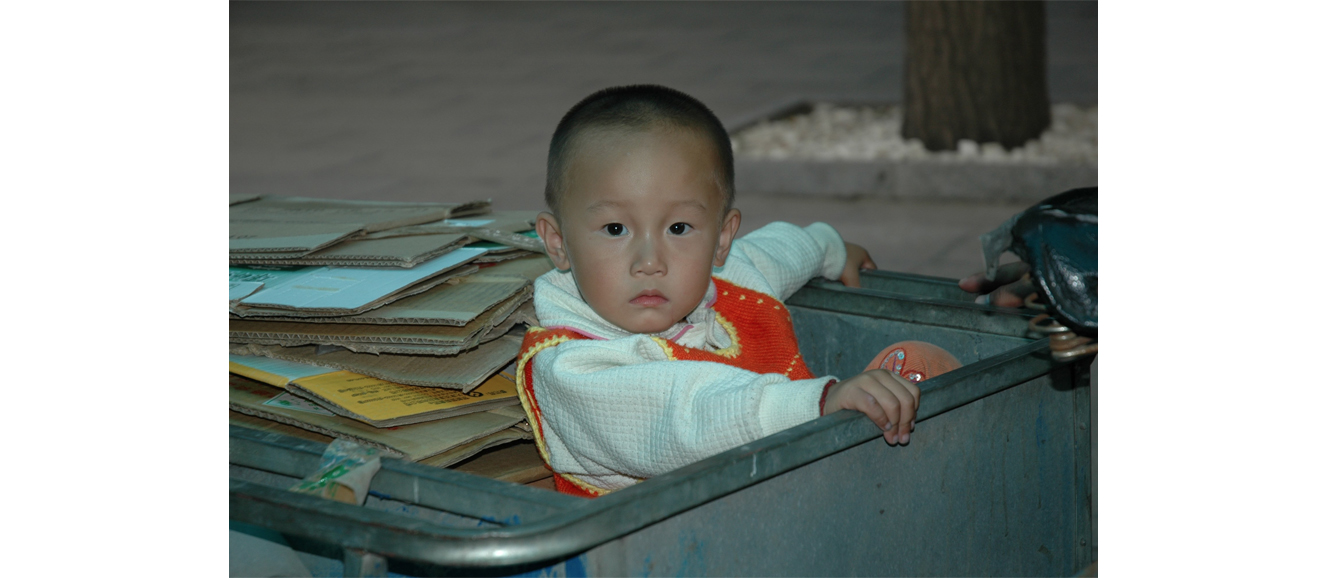Since the fall of the imperial dynasties, China’s traditional family structure, based on Confucius’ philosophy of filial piety, has changed dramatically. Mencius, the leading Confucian scholar, taught that “There are three things which are unfilial, and to have no posterity is the greatest of them.” Before a son reached 21, his parents would provide him with a young wife to have as many children as possible to ensure the succession of the male line — and thus the parents’ care in old age.
In 1979, Communist China introduced its one-child policy — aimed at the Han Chinese, the ethnic majority — to control a population that had burgeoned to 1 billion. (In a directive that may now seem counterintuitive, China’s ethnic minorities were allowed two or three. But the Muslim Uighurs in Xinjiang — a hotbed of separatism — had what the government deemed “worrying high birthrates” of five or more.)
The effect of the policy was profound. Though many people, especially in rural areas, bitterly contested these restraints, ultrasound enabled couples to abort female embryos. Female infanticide, illegal under Chinese law, led to a government crackdown, but not before a generation of spoiled, self-centered “little emperors” had been born.
But ironically, a society that would seem to favor men had found a way to disadvantage them. By 2010, there were 116 boys born for every 100 girls. The one-child policy had caused an imbalance of 33 million more marriageable men (known as “bare branches”) than women.
Even when after three decades of restrictions the Communist Party allowed Han couples to have a second child, only 12 percent applied to do so, given the high cost. With the number of people over age 65 doubling, that means these men not only have to pick up the slack in the workforce but care for aging parents. The Chinese media has dubbed them “the loneliest generation.” They might be called “the overburdened generation” as well.
And what of the ladies, who have seen the age at which women marry rise from 14 to 17 when my grandparents served as missionaries in imperial China to 20 after the establishment of the People’s Republic in the 1950s to 25 in the 1980s? When I was in Beijing two years ago, I was struck by the number of beautiful single women in important positions. Today, the average marriageable age for educated, high-earning women is 30. Living the single life longer than their parents and grandparents did is their own choice and, boy, can they afford to be choosey. By 2030, China may have 160 men of available age for every 100 women. The common adage, “A woman would rather be crying in a BMW than happy on the back of a bicycle,” is evocative of these changes.
From “little emperors” China has unwittingly moved to empresses with their own agendas.
While urban women may have been the inadvertent beneficiaries of China’s policy, children of both sexes are suffering in rural areas thanks to the government’s clumsy handling of urbanization. In 1980, one of China’s greatest migrations began as millions of peasants streamed into the cities to work in construction, state industries and foreign companies looking for cheap labor. Millions of children were left in the countryside because of the hukou-system, which divides urban and rural. The mingongs or (peasants-who-become-workers) lack the right to become permanent city dwellers with facilities for children.
According to a survey by the All-China Women’s Federation, there are 61 million “left-behind children” of migrant parents virtually home alone. Although their basic physical needs are met, the vulnerable psychological well-being of these youngsters has put them at higher risk for accidental death, mental illness, rape and suicide. Only 50 percent see their parents once a year. One third, in rural areas, are living with grandparents. Most are virtually orphans.
Ruan Mei, author of “Pains of the Century: Investigation into China’s Left-behind Children,” based on research into 900 minor criminal cases involving youngsters in juvenile detention, found that 90 percent of the inmates were left-behind children and 40 percent were mentally impaired, thinking their parents didn’t love them. “Their pain is like the moon in the daytime,” she said. “It’s invisible, but it’s still there.”
Yu Minhong, a top government official, said it would be catastrophic for society if left-behind children were unable to receive affection as adults. Li Yifei, deputy director of the Educational Research Center at Beijing Normal University, believes that the tragedies involving left-behind children are just the tip of the iceberg.
“The whole of Chinese society has failed to pay enough attention to left-behind children. We urgently need to care for their emotional needs. If this group comes of age filled with pain, regret and even hatred, the effect on society would be unimaginable.”
Yang Dongping, director of the Twenty-First-Century Education Research Institute, recommended establishing a national Left-behind Children’s Day on June 9 — the day when four left-behind siblings (ages 5 to 13) committed suicide by drinking pesticide after their parents left them to fend for themselves.




